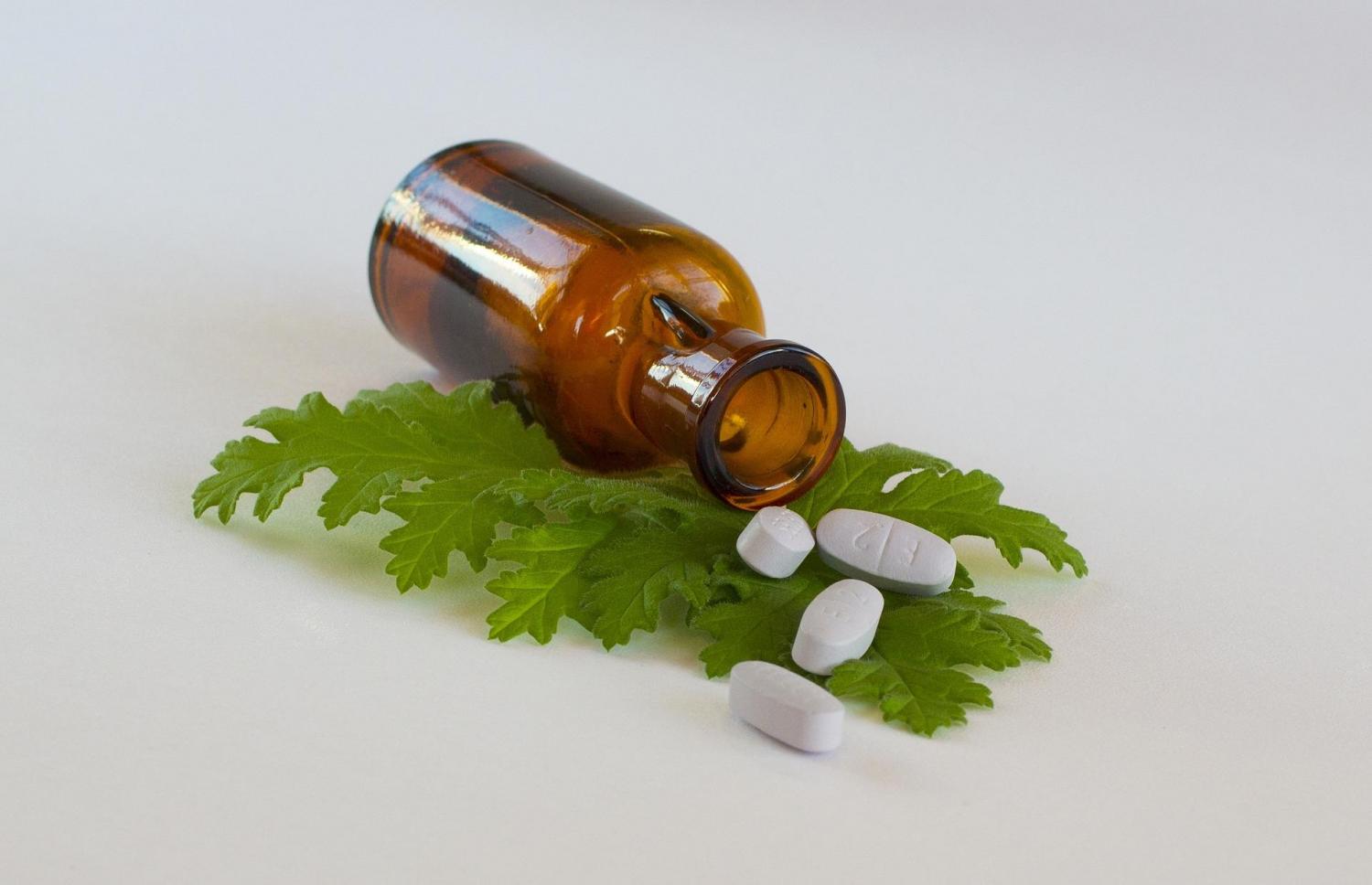
5 Tips for Using Herbal Remedies Safely
It’s definitely a positive that more and more people are aiming to avoid pharmaceuticals these days. We’re fortunate to live in an advanced information age, and with it many of us have come to be aware of the fact that a whole host of pharmaceuticals have debilitating or even dangerous side effects. Plus then there’s the undeniable truth that that the pharmaceutical industry is oriented to generate customers who make successive purchases, rather than serve patients who are on a path to healing and wellness.
So, with that understood, we’re now going to shift to looking at the result of this newfound awareness that is shared by so many people. Which is that they’re now embracing herbal and natural cures more than eve r before. An extensive array of these quality herbal supplements can be found at Canadian online health and wellness retailers like YesWellness, and the interest in them has exploded over recent years. Generally speaking, it’s a very admirable trend and one that bodes extremely well for the human race as we progress further into the 21st century. One concern, however, is in that some people are insufficiently informed about the potential interaction and other physiologically-specific concerns they should have when using herbal supplements.
It’s important to understand that there is no scientific rationale to assume that plants, their parts and/or derived products – and that does include those of long-standing popular use – are intrinsically safe and / or beneficial. Quite simply, no one should conclude that simply because they are used (or deemed effective for that matter) they are understood to be safe.
Keep in mind that almost ¼ of pharmaceutical drugs are derived from botanicals, and that should make the above point all the more discernible. The absence of evidence of these adverse effects within the context of traditional usage of herbal medicines is not evidence of the absence of potential to cause them.
Not Inherently Safe
Herbal medicine is used to treat a whole host of conditions, including allergies, asthma, eczema, premenstrual syndrome, rheumatoid arthritis, fibromyalgia, migraine, menopausal symptoms, chronic fatigue, irritable bowel syndrome and cancer, among others. Generally speaking, following existing dosage and ingestion guidelines for treating them is just fine, and your only interest will be in choosing a quality product that is renowned for having a pure constituency.
Being reassured of the effectiveness of a product is great and definitely a primary consideration, but it’s important to understand that herbal and other traditional medicines can be accidentally contaminated or – in some more insidious cases – deliberately supplemented with heavy metals. This can result in toxicities (especially neurotoxicity) having a severely detrimental effect on your health. The issue is furthered by the fact is often difficult to diagnose, and can be clinically devastating when such exposure to toxicities have been going on unabated for long periods of time. Much toxicity from herbal remedies is probably chronic and cumulative, and that’s not helped by the fact that only 1/3 of patients tell their physician about their herbal supplementation choices
It truly is important to do your research regarding any herbal supplement regimen you intend to begin adhering to. Before getting to our checklist for safely using herbal medicines, we think it’s important to mention that many herbal remedies will also feature allopathic medicines. They may be included in traditional medications to increase the speediness with which an herbal medicine responds and / or to increase its effectiveness. This practice is again not regulated and manufacturers are not required to disclose this information in their constituency documentation.
Make efforts to determine if your herbal product contains allopathics, and if it does be sure to identify whether it’s safe for you to ingest them.
Without further ado, here is the 5 tips for using herbal supplements safely
- Make sure your herbal supplement does not have any interaction potential with pharmaceuticals you’re currently taking
- Have the purity and efficacy of your product confirmed via a reputable source
- Do your own research into potential toxicities
- Avoid self-diagnosing yourself
- Be wary of crossing herbal medicinal approaches with allopathic medicines
Wishing you the best of health and happiness, and be sure to share this valuable information with anyone who may benefit from it.













